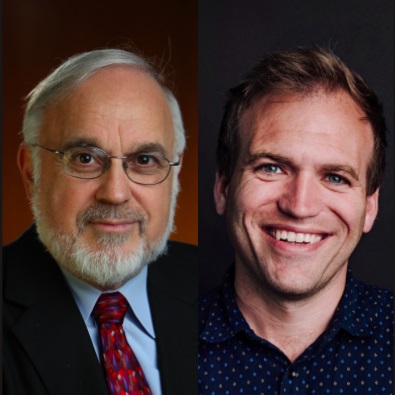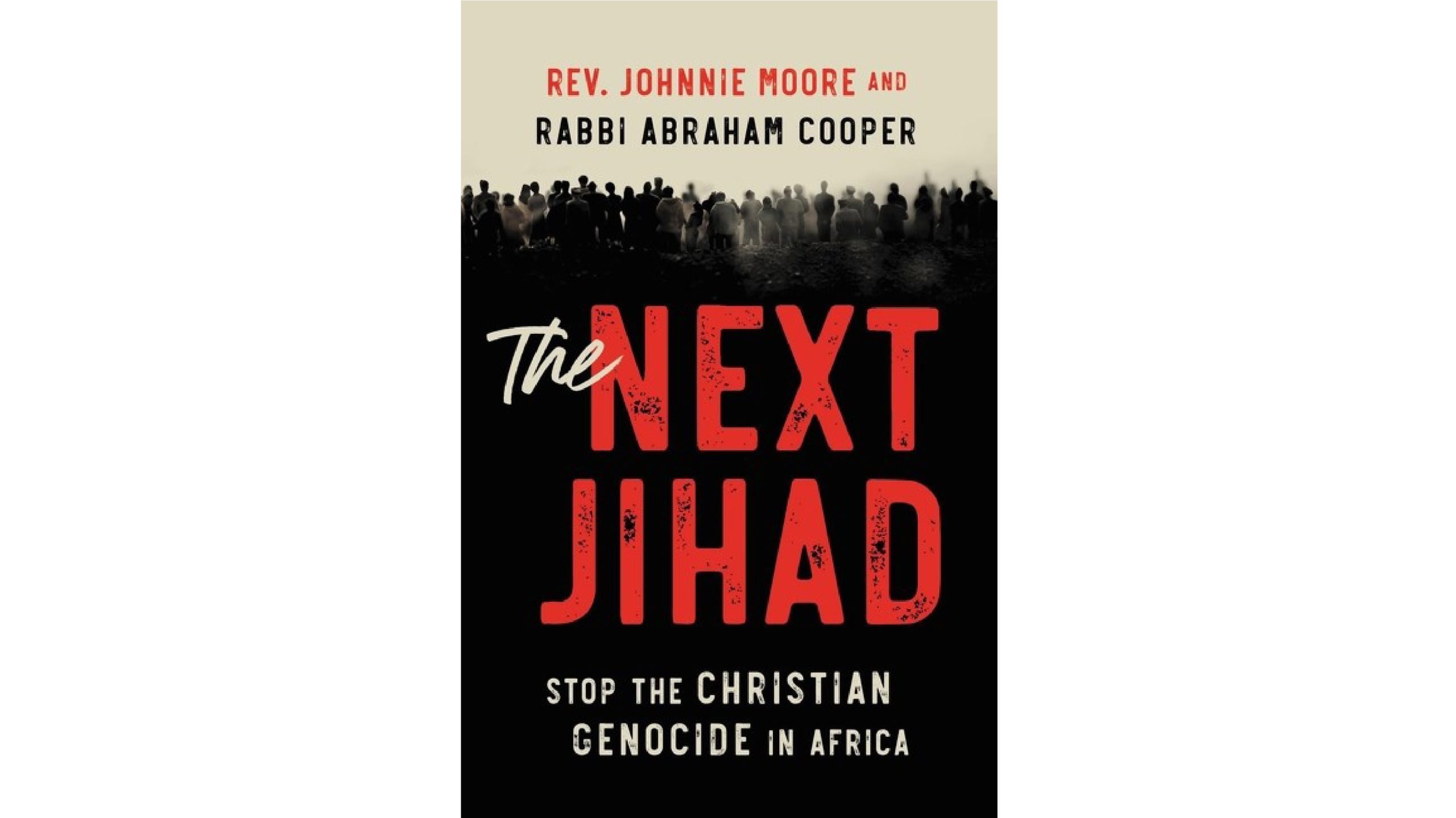Christians Targeted in Nigeria: Why the World Should Care
Excerpted and adapted from The Next Jihad: Stop the Christian Genocide in Africa
Michael Nnadi lived in Nigeria—Africa’s largest country and at once its wealthiest and poorest. Nigeria boasts the world’s 10th largest oil reserves yet 50% of its population lives in extreme poverty. It has the largest Christian population on the continent, but half of its 200 million people are Muslims. The neighboring countries, like Nigeria itself, are all fighting terrorist insurgencies. Nigeria should be the best fit to address it, but the country’s Muslim president seems increasingly incapable of it.
People like Michael suffer the most. His face projected a nearly supernatural joy. His pronounced features made him look both older and younger than his eighteen years. His skin was dark, aglow with a smooth radiance that reflected the sun. An ever-present smile consumed his entire face, easily lighting up a room.
Michael was one of 270 students studying at the Good Shepherd Seminary in Nigeria’s Kaduna State on the main highway to Abuja. On the evening of January 8, 2020, his world was upended when an armed gang, disguised in military fatigues, breached the gate of the school. They snagged four seminarians, including Michael, and made their escape.
The straightforward words of the seminary’s registrar, Rev. Joel Usman, belied his anguish.
“After [taking] the headcount of the students with security agents, four Seminarians have been declared missing. Kindly say a prayer for their release,” Reverend Usman pleaded.
Local authorities attributed the kidnappings to criminal activity by bandits whose interest was in whatever they could extort from the Catholic church or the relatives of the four seminarians.
By the end of the month, three of the four boys had been freed, but not Michael. A few days later he was found dead, his body dumped on the side of a road, massacred by his kidnappers.
It remained a mystery to Raphael, his family, and the seminary as to why Michael had been killed while the others had been freed. The same negotiators had been working on behalf of all four abductees. Some Nigerians, as well as local and international authorities, thought that he may have been disposed of as a negotiating tool to increase the ransom for the others, but no one knew for sure—until April 30, 2020.
That’s the day the murderer, Mustapha Mohammed, was interviewed in prison by Nigeria’s Daily Sun newspaper. The jailed gang leader detailed to the reporter that his gang took five days to survey the property, which was already familiar to one gang member who lived nearby.
Then they attacked. Mohammed spoke openly about Michael’s fate, saying, “He did not allow me any peace; he just kept preaching to me his gospel.”
So why did Mohammed kill Michael? “I did not like the confidence he displayed [in his faith], and I decided to send him to an early grave,” said Mohammed.
The terrorist murderer is twenty-six years old and not even a member of Boko HaramHe is a local Fulani Muslim and one of the forty-five members of a gang that has been working this area for years.
If what’s happening with Boko Haram isn’t bad enough, increasingly the Nigerian government’s nonchalant approach to dealing with the terrorists have inspired young people like Michael to embrace their tactics and extremism.
As a result thousands-upon-thousands of Christians in Nigeria have had their lives and property destroyed by militant Fulani tribesmen in the central part of the country on a new “jihad.”
It’s important to understand that the Fulani represent “the largest semi-nomadic group in the world and are found across West and Central Africa—from Senegal to the Central African Republic.” In Nigeria alone there are nearly seventeen million Fulani.
While the perpetrators of violence in the Middle Belt are almost exclusively Fulani, the vast majority of Fulani are not perpetrators. Indeed, many Fulani Muslims have spoken out against them. And other Fulani have also been killed by Islamist terrorists throughout the country, including during a terrible attack on a mosque in the northeast in 2018, and another brazen attack that targeted three emirs from the northeast, killing one in 2014.
Therefore, observers and activists must be cautious about automatically drawing an ideological line between the number of Fulanis in Buhari’s administration, including Buhari himself, and the government’s inaction against the perpetrators of mayhem and violence. Minus explicit evidence, other Nigerians simply cannot draw such conclusions without fanning the flames of xenophobia.
Though, the Nigerian government has serious challenges it can no longer ignore. For instance, what is their response to the charges laid by a former defense minister in a 2018 lecture?
“The armed forces are not neutral. They collude. They collude with the armed bandits that kill people, kill Nigerians. They facilitate their movement, they cover them. If you are depending on the armed forces to stop the killings, you will die, one by one. The ethnic cleansing must stop . . . otherwise, Somalia will be child’s play.”
His condemnation would never have been uttered if Fulani leaders themselves—including Nigeria’s president—more clearly, more frequently, and more loudly condemned these attacks and pledged to protect their Christian neighbors by deploying the personnel and resources necessary to defend the Christian communities from these violent marauders. At this advanced stage, however, words alone will be rendered meaningless without action to stop the evil and save the innocent.
What kind of action could stem the tide?
Look no further than one imam. When Fulani attackers “launched coordinated attacks on Christian farmers in 10 villages” in central Nigeria’s Plateau State in June 2018, eighty-three-year-old cleric and imam Abubakar Abdullahi hid Christians. In fact, he did more than just hide them:
“As Imam Abdullahi was finishing midday prayers, he and his congregation heard gunshots and went outside to see members of the town’s Christian community fleeing. Instinctively, the Imam ushered 262 Christians into the mosque and his home next to the mosque. The Imam then went outside to confront the gunmen and he refused to allow them to enter, pleading with them to spare the Christians inside, even offering to sacrifice his life for theirs.”
That mosque, which he had served in for sixty years, was built on land originally gifted by the Christian community to their Muslim neighbors. The imam survived, as did all 262 Christians.
If only Nigeria’s government was so courageous.
Taken from The Next Jihad by Rev. Johnnie Moore and Rabbi Abraham Cooper. Copyright 2020 by Rabbi Abraham Cooper and Johnnie Moore. Used with permission from www.thomasnelson.com.



